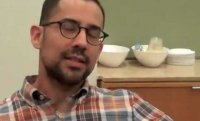Poet and artist Amanda Deutch blogs about her P&W–supported poetry workshop for young women at the YWCA in Coney Island. She is the author of four chapbooks: Gena Rowlands, Box of Sky: Skeleton Poems, Motel Drift, and The Subway Series. She is also the recipient of a 2007 Footpaths to Creativity Fellowship to write in the Azores Archipelago.
In late February 20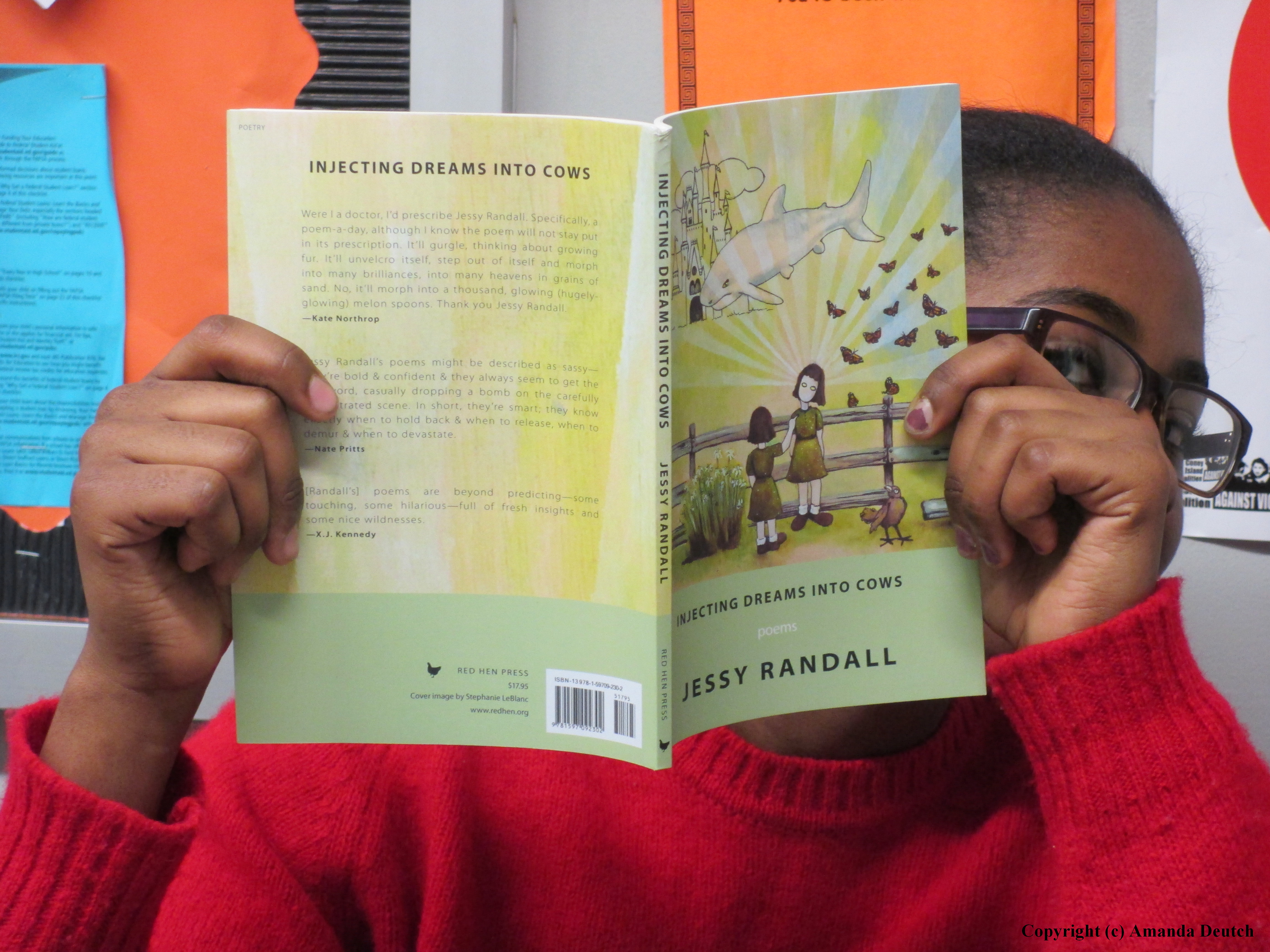 13 I put out a call for poetry books to create a lending library for the YWCA after-school teen empowerment program where Parachute: the Coney Island Performance Festival leads a weekly creative writing workshop. The invitation to donate books was put on Facebook and sent out to previous Parachute Festival readers. The message soon went viral in the poetry world and was picked up by the Poetry Foundation and Best American Poetry. We have received books from authors as nearby as Coney Island and Park Slope and as far away as Madrid; Ontario; and Amman, Jordan. My intentions were truly modest. I just wanted to get some poetry books for the teenagers in the workshop that I teach and perhaps some extras to donate to the high school’s library. What we have now—a collection of diverse small press contemporary poetry from all over the country—has blown my mind (and renewed my faith in the power of poets).
13 I put out a call for poetry books to create a lending library for the YWCA after-school teen empowerment program where Parachute: the Coney Island Performance Festival leads a weekly creative writing workshop. The invitation to donate books was put on Facebook and sent out to previous Parachute Festival readers. The message soon went viral in the poetry world and was picked up by the Poetry Foundation and Best American Poetry. We have received books from authors as nearby as Coney Island and Park Slope and as far away as Madrid; Ontario; and Amman, Jordan. My intentions were truly modest. I just wanted to get some poetry books for the teenagers in the workshop that I teach and perhaps some extras to donate to the high school’s library. What we have now—a collection of diverse small press contemporary poetry from all over the country—has blown my mind (and renewed my faith in the power of poets).
In the weekly workshop I try to bring in poetry that reflects students’ surroundings. When I was a child growing up in New York City, we never read any poetry in school that reflected the world and sounds I saw and heard around me—the buzzing sidewalk, taxicabs, the multiphonic spree of languages that is home to me. It wasn’t until I found poets like Edwin Torres, Tracie Morris, Diane DiPrima, and Alice Notley (among many others) that I saw my words and worlds reflected in the pages of their books. I want teenagers to have that opportunity too. Up until now, for over a year, it has been a girls’ group. We recently opened it up to both genders. A boy, Montague, poked his head in the doorway a few w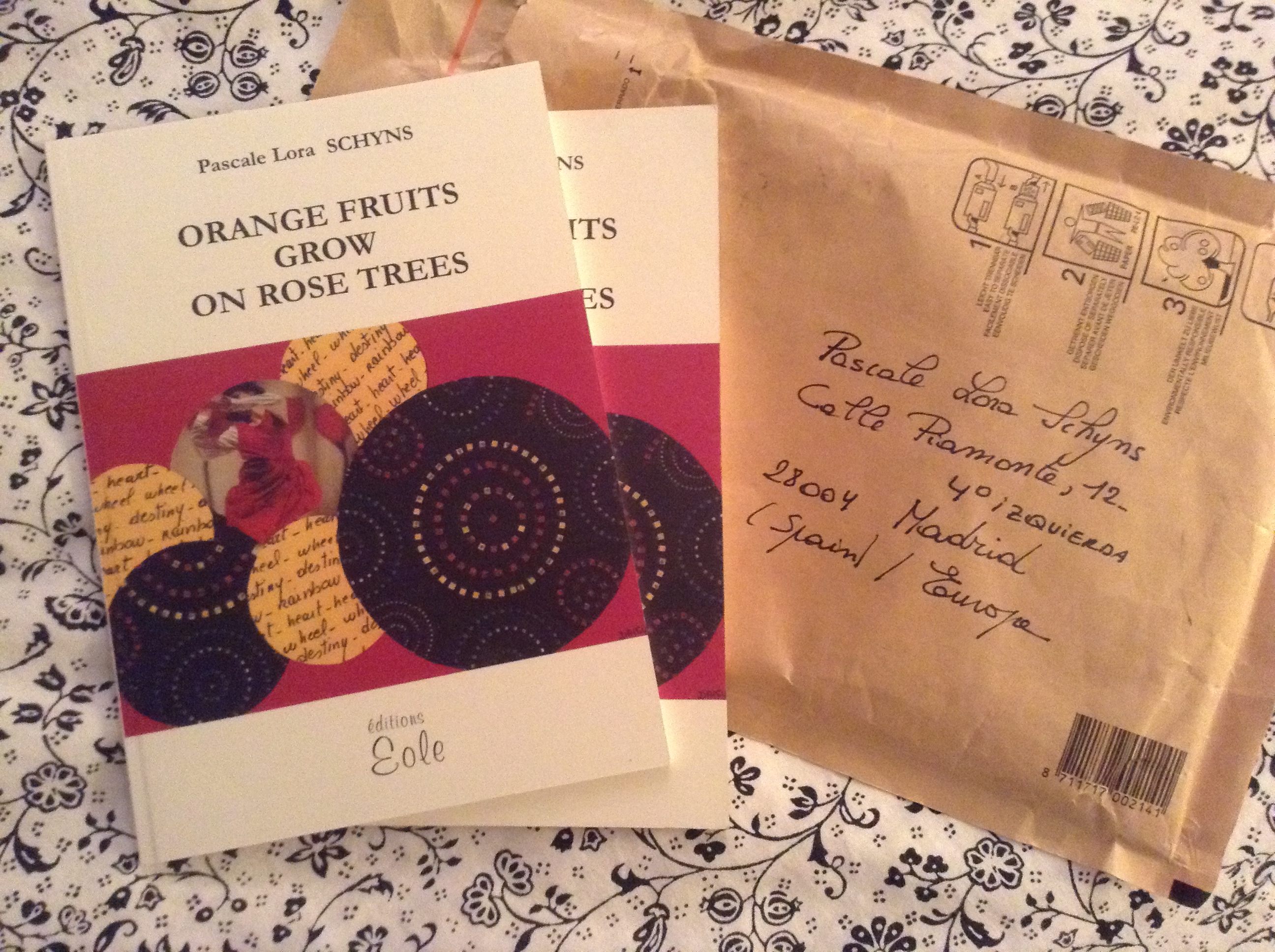 eeks ago and said, “Miguel Pinero, he’s the realest.” I said, “Yeah, his poetry changed the course of my life. Before that all I ever saw was poetry about daisies, not that I don’t like daisies. We don’t have any books of his, yet, but why don’t you read Sheila Maldonado? She’s a local poet, born around here.” He checked her book out of our new burgeoning library (and made my day). There are so many interactions like this. Maya is a thirteen-year-old student at the writing workshop. She soaks up information and is very talented. One day she came in asking me about a poem she’d seen that looked like an eye. We had a conversation about the French poet Guillaume Apollinaire and for the next week’s class I brought in one of his books. She poured over the pages and held it up saying, “This one is my favorite.” I instantly got chills and realized, here I was in a classroom in Brooklyn, in Coney Island, discussing surrealist French poetry with a thirteen-year-old girl.
eeks ago and said, “Miguel Pinero, he’s the realest.” I said, “Yeah, his poetry changed the course of my life. Before that all I ever saw was poetry about daisies, not that I don’t like daisies. We don’t have any books of his, yet, but why don’t you read Sheila Maldonado? She’s a local poet, born around here.” He checked her book out of our new burgeoning library (and made my day). There are so many interactions like this. Maya is a thirteen-year-old student at the writing workshop. She soaks up information and is very talented. One day she came in asking me about a poem she’d seen that looked like an eye. We had a conversation about the French poet Guillaume Apollinaire and for the next week’s class I brought in one of his books. She poured over the pages and held it up saying, “This one is my favorite.” I instantly got chills and realized, here I was in a classroom in Brooklyn, in Coney Island, discussing surrealist French poetry with a thirteen-year-old girl.
The poetry library grew very organically out of an instinct to get the teenagers books they love and to show them that poetry can take all different shapes, sizes, voices, styles, languages. It doesn’t have to rhyme, punctuate, or tell a story. Poetry can speak the way we speak or speak a new language all its own. Poetry can break open language entirely and begin anew.
We now have over a hundred books in our growing library and one of the most unusual, extensive poetry collections in any high school in Brooklyn, maybe the whole country. In Montague’s words—“the realest!”
Photos: (Top) Workshop participant Maya peeking out from behind a poetry book by Jessy Randall. Credit: Amanda Deutch. (Bottom) A donated poetry book sent from Madrid, Spain. Credit: Amanda Deutch.
Support for Readings/Workshops in New York City is provided, in part, by public funds from the New York State Council on the Arts and the New York City Department of Cultural Affairs, with additional support from the Louis & Anne Abrons Foundation, the Axe-Houghton Foundation, The Cowles Charitable Trust, the Abbey K. Starr Charitable Trust, and the Friends of Poets & Writers.





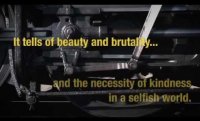
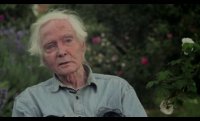
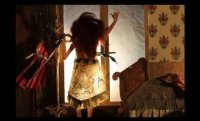
 13 I put out a call for poetry books to create a lending library for the YWCA after-school teen empowerment program where
13 I put out a call for poetry books to create a lending library for the YWCA after-school teen empowerment program where  eeks ago and said, “Miguel Pinero, he’s the realest.” I said, “Yeah, his poetry changed the course of my life. Before that all I ever saw was poetry about daisies, not that I don’t like daisies. We don’t have any books of his, yet, but why don’t you read Sheila Maldonado? She’s a local poet, born around here.” He checked her book out of our new burgeoning library (and made my day). There are so many interactions like this. Maya is a thirteen-year-old student at the writing workshop. She soaks up information and is very talented. One day she came in asking me about a poem she’d seen that looked like an eye. We had a conversation about the French poet Guillaume Apollinaire and for the next week’s class I brought in one of his books. She poured over the pages and held it up saying, “This one is my favorite.” I instantly got chills and realized, here I was in a classroom in Brooklyn, in Coney Island, discussing surrealist French poetry with a thirteen-year-old girl.
eeks ago and said, “Miguel Pinero, he’s the realest.” I said, “Yeah, his poetry changed the course of my life. Before that all I ever saw was poetry about daisies, not that I don’t like daisies. We don’t have any books of his, yet, but why don’t you read Sheila Maldonado? She’s a local poet, born around here.” He checked her book out of our new burgeoning library (and made my day). There are so many interactions like this. Maya is a thirteen-year-old student at the writing workshop. She soaks up information and is very talented. One day she came in asking me about a poem she’d seen that looked like an eye. We had a conversation about the French poet Guillaume Apollinaire and for the next week’s class I brought in one of his books. She poured over the pages and held it up saying, “This one is my favorite.” I instantly got chills and realized, here I was in a classroom in Brooklyn, in Coney Island, discussing surrealist French poetry with a thirteen-year-old girl.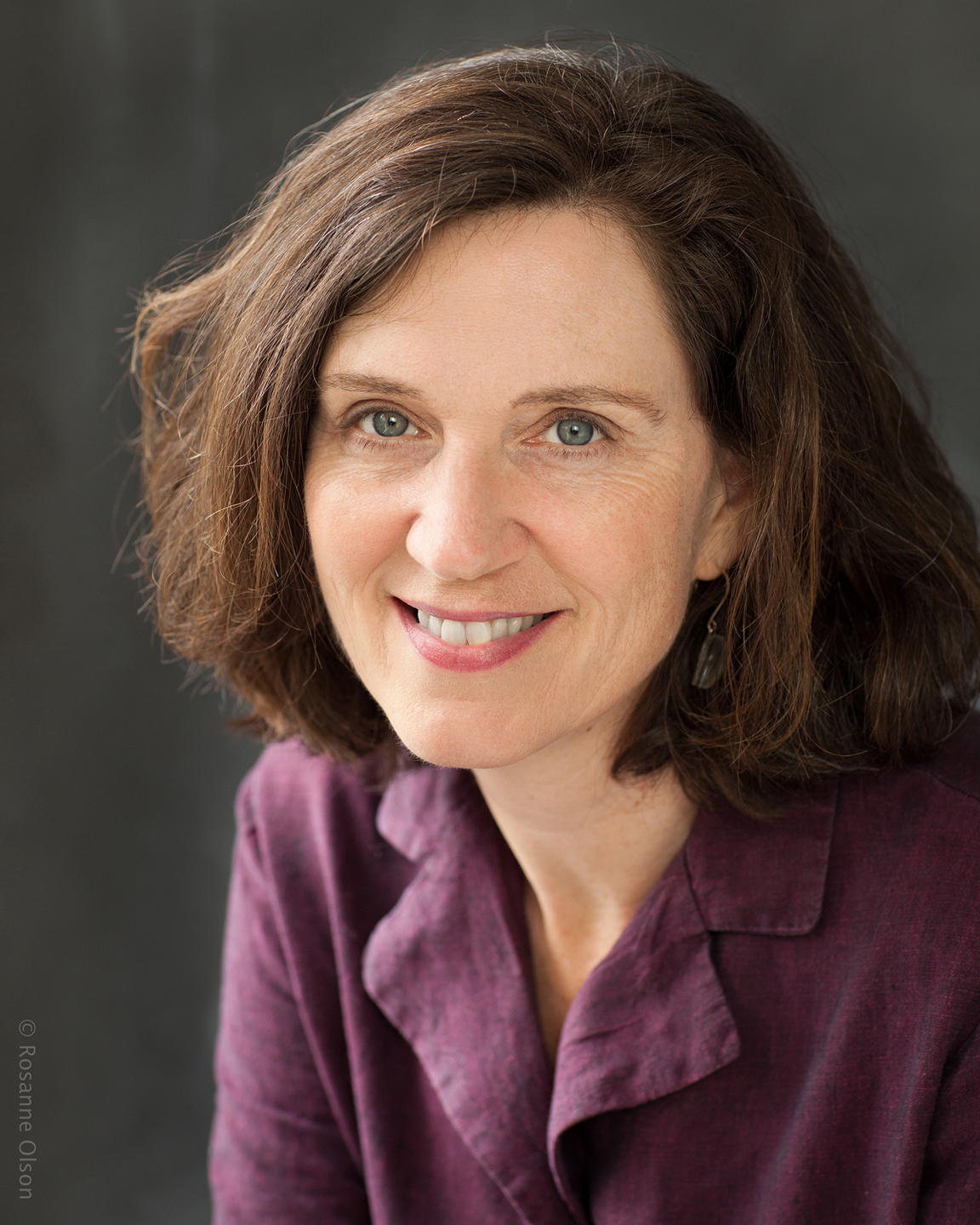 For a relatively small city, Seattle has a thriving literary community. What do you attribute this to?
For a relatively small city, Seattle has a thriving literary community. What do you attribute this to?